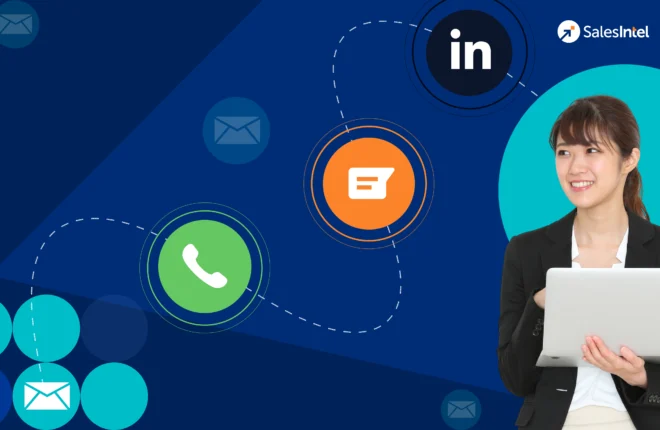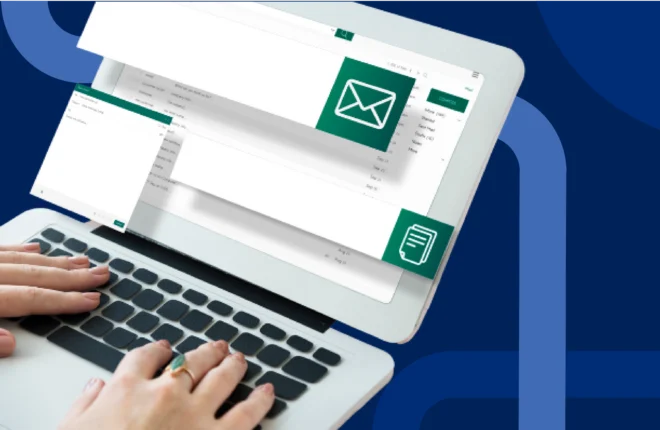Modern marketing focuses heavily on data collection and personalization.
Personalization involves communicating with the consumer by content or apps in a manner that lets them know that their needs are being taken into account. Companies tailor content to individual customers based on their characteristics and preferences through data collection, analysis, and automation technology.
Data is increasingly important for elite marketers and is on track to become the most valuable resource in marketing. Big data is taken directly from customer interactions and is precisely the kind of information that can help refine, enhance, and improve any marketing strategy.
In other words, it’s just as important to understand and organize this information while deploying the right marketing tools and strategies to make the most of the data.
Why Should You Care About Personalizing Your Marketing Campaigns?
With the recent change from a one-size-fits-all message to deeply customized campaigns (we’re talking about more than adding FNAME to an email), not using data is a bad choice.
Customers are calling for more consideration, and they’re smarter than ever. If they believe you are only giving them cookie-cutter promotions, you risk pushing them away. Although this is valid for any form of company, regardless of whether it is B2B or B2C, the statistics demonstrate how essential it is to B2B marketers in particular.
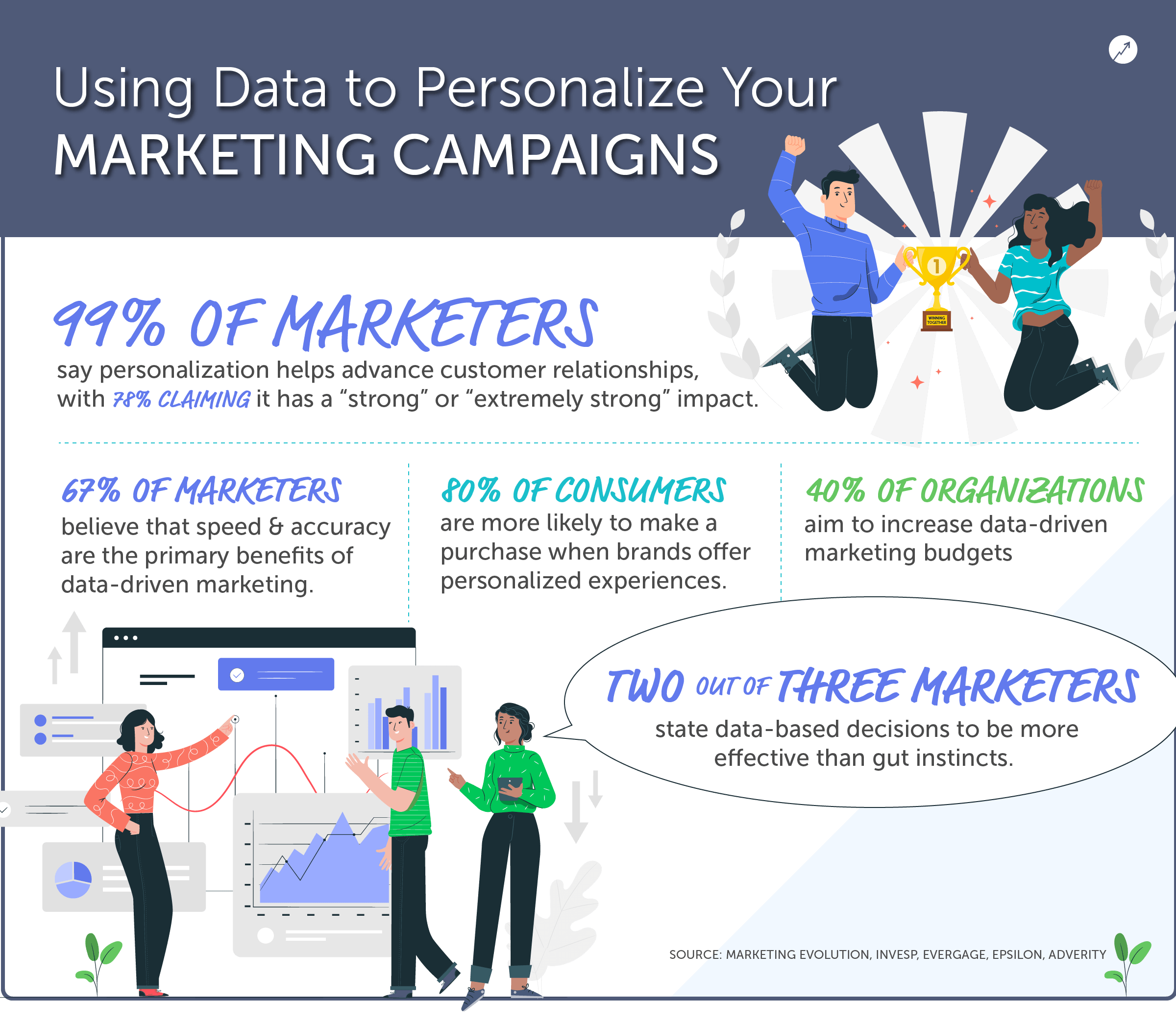
Your campaign effectiveness will depend on how well you capture and measure your results. If you are concerned about email list categories, you should gather various data and learn more about your customers. It’s the only way you can deliver customized opportunities through your marketing strategies.
If you have enough data to start creating an image of your average client then you can start customizing your marketing strategies properly.
Here’s how personalizing your campaign can give you better results than normal campaigns:
Effectively Target Specific Audiences
The biggest advantage of personalized marketing is the opportunity to target specific markets. By collecting prospects’ data from list segments, polls, or reports, you can create better email promotions targeted at audiences focused on their preferences or their purchasing habits.
Create Better Content
It makes sense that tailored content is more enticing and compelling – no one likes to believe that they are just another nameless customer or that a company cares only about increasing profits rather than catering to their individual needs.
Custom Video Message
Using personalized messaging videos can be a powerful way to keep prospects involved. For instance, imagine you have a SaaS product that can be integrated with the prospect’s CRM. Technographic data can help you identify the type of CRM your audience is using. If you find that most of your prospects are using Salesforce, you can create a video that tells your audience how your product can easily integrate with Salesforce and brings-in more value.
Increase Conversions
It goes without saying that the more you personalize your marketing campaigns, the higher the conversion rate. If you are using data to personalize ad campaigns, you can have a higher CTR. For email outreach, you can increase the open rate and clicks. And for content marketing, data can help you produce more engaging content to improve the prospect-to-lead conversion rate.
Although this type of personalization is memorable for your audience, it can be time-consuming without the right automation technology in place. If you do not have accurate data, you may end up ruining your marketing campaigns.
Challenges Faced in Personalizing the Marketing Campaigns
Like other marketing strategies, some problems emerge when it comes to personalizing your marketing campaigns. Let’s take a look at some of the common obstacles:
Creating a Single Customer View
When looking for common threads across channels, marketers can establish a better picture of who the customer is by piecing together their customer data into a single unified customer profile. However, getting the data in one place becomes challenging.
Implementing Smart Segmentation
Smart segmentation across channels is not a formality. Segmentation improves efficiency. Unfortunately, many marketers fail to move beyond simple segmentation techniques. Creating a segment (or segments) that you can target is not easy. Just as any person is special in some way, it is hard to divide people into simple segments of buying behavior. There are many considerations to be weighed when segmenting, such as firmographics, technographic data, and buyer’s intent data, that it is difficult to aggregate individuals into one segment.
Time and Resources for Data Collection
While using the right data tool is required for customization, businesses often rely on their team for research data. However, not all businesses get collection right since it requires more time and resources. The key challenges with the personalization cited in this study are – obtain insight quickly enough (40%), having enough data (39%), and having the wrong data (38%).
Finding the Right Tools and Technology
One of the biggest problems with personalized marketing comes from outdated technology that is not able to integrate with your new tools. The core aspect of personalization performance is data collection and automation, and with that comes the need for an intelligent algorithm. Unfortunately, many marketers struggle to collect the data manually and often end up with incomplete or inaccurate data.
Personalizing Marketing Campaigns Using Data
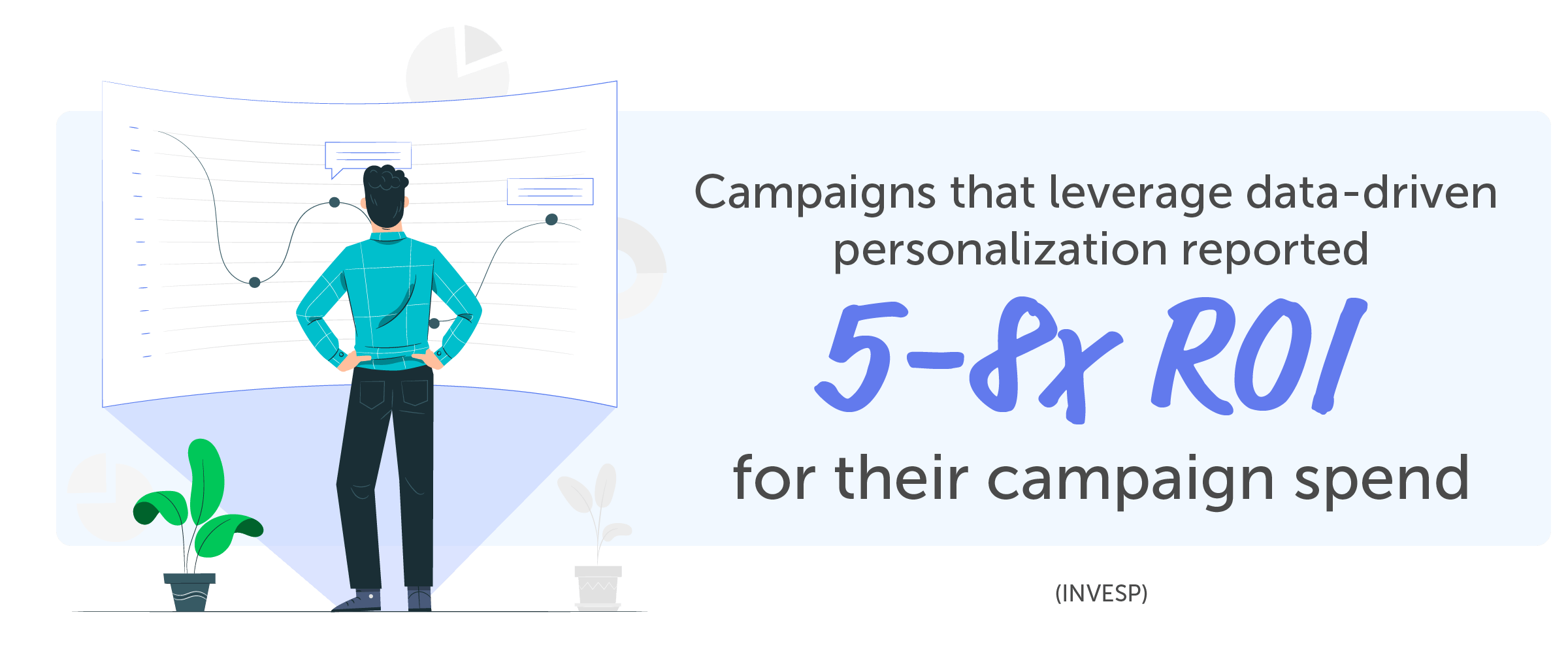
The advent of B2B data has allowed marketers to fundamentally transform their objectives. Now, niche markets can be found. Marketing campaigns can be created that appeal specifically to their desires and wishes, and interactions can be streamlined at all stages of the buyer’s journey.
Here’s how B2B data from best b2b data providers can help you in the three major marketing campaigns:
Focusing On Context Marketing
Context marketing is the new content marketing. The value of data in the context of the marketing of content cannot be overstated. But how do marketers better leverage data into their content strategies? Frame your thoughts on your subject matter by lumping your data analysis needs into two buckets: post-distribution content efficacy measures and data that informs content production itself.
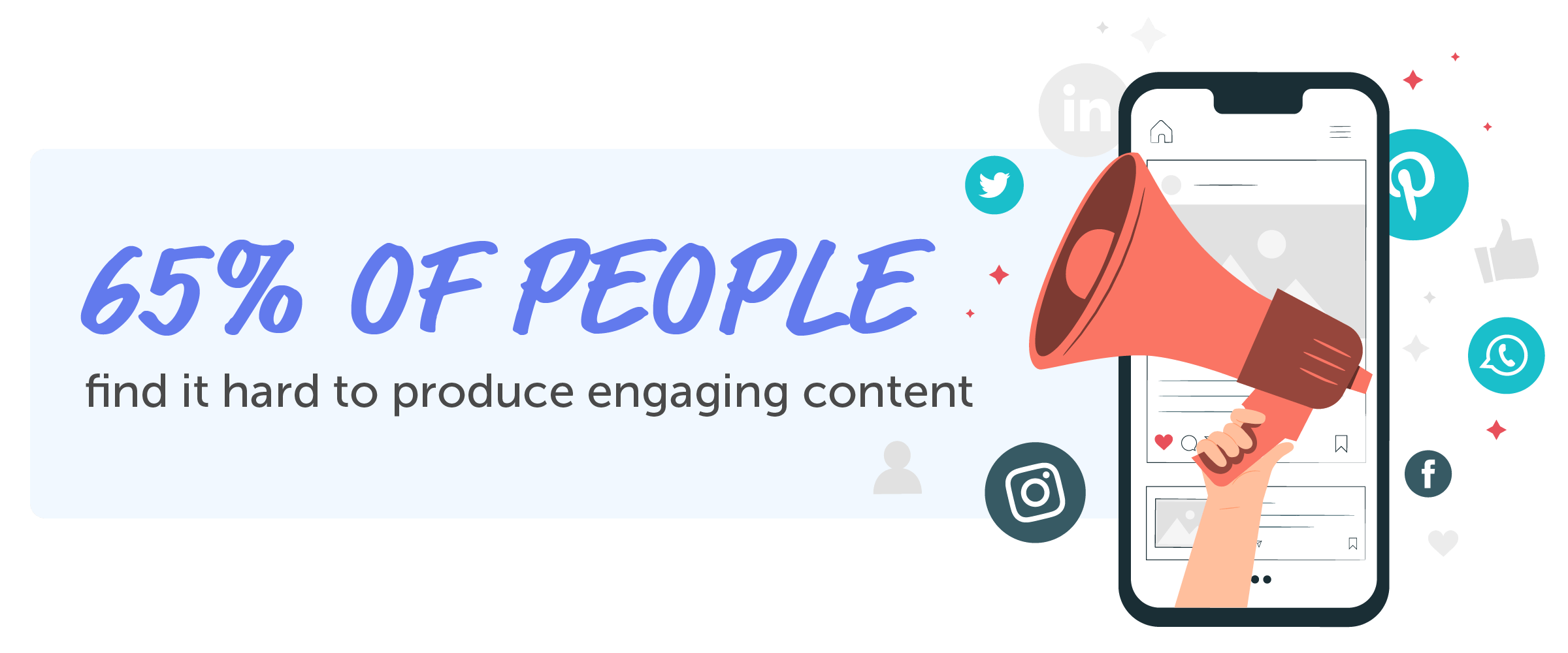
Producing engaging content is difficult without understanding the buyer persona. Although creative content executions concentrate on telling a convincing narrative, data can guide marketers on whether your content resonates with people.
SalesIntel provides you the intent data that you can use to identify if the prospect or lead is ready to buy or needs more nurturing. You can find these signals by following the topics they are searching for on the web. This will help your team to produce content that not only pushes them to your website but also builds trust with your brand. Other data points such as firmographic and technographic data help you to create a buyer persona for targeting your relevant and engaging content.
Personalizing Email Outreach Using Data
Personalization, in the context of email marketing, is the act of targeting an email campaign to a specific subscriber by leveraging the data and information you have about them. It could be information like their title, the last product they bought, where they live, how many times they log into your app or other data points.
Personalization is essential to marketing practices because people want to be seen as individuals.
Personalized emails:
- Stand out within the inbox as highly relevant, tailor-made material.
- Make an email more likely to be opened and clicked on.
- Strength engagement by sending the right content to the right people at the right time.
Setting-Up Better and Focused Ad Campaigns
Much as the messaging itself becomes more oriented when driven by intention specifics, so is the medium or channel used for outreach. When you know the locations of good-fit, involved, intent-showing customers, it is easier to hit them with the right message. The best ad channels are often incredibly micro-targeted in their ability to target based on unique work titles, places, profiles, etc. When combined with Intent Data, you immediately have the perfect formula for a highly efficient, targeted ad campaign.
Marketers can benefit from data intelligence and technology as it raises the bar for marketing performance. While a lot of data is available to strengthen your marketing campaigns, using the right data at the right time is the key.
The Sooner You Adopt, the Better You Can Adapt
Creating a plan that uses data-driven marketing to tailor your campaigns and maximize the various facets of your business will positively transform your marketing.
The nature of these dimensions will range from something solely tangible, such as optimizing the quality of your communication based on consumer experience research to something like making your target audience wider based on demographic data.
Implementing data-driven marketing campaign strategies as quickly as possible means that you continue to develop an experiential understanding of the particular way your company will benefit from the general insights mentioned above.
Also, a well-executed strategy to personalize your marketing campaigns is a result of using reliable data. Thus, it is better to provide your team with a reliable data intelligence tool to ensure that they can make the most of their marketing campaigns and stay motivated.



